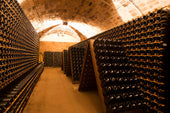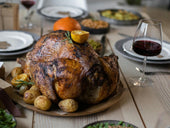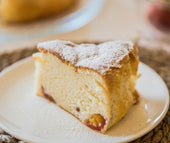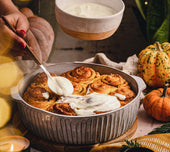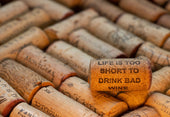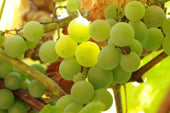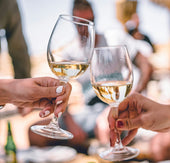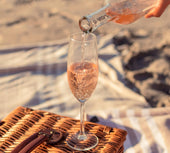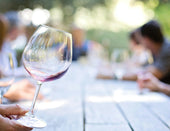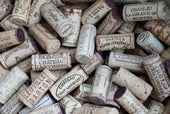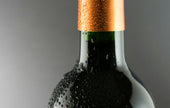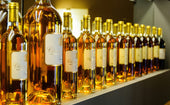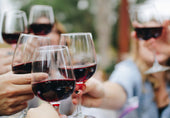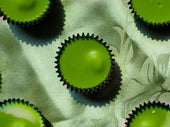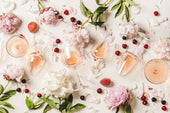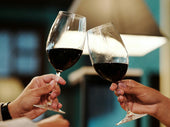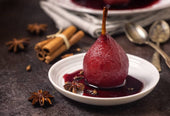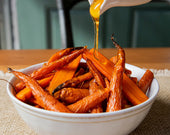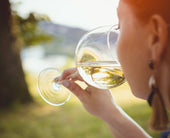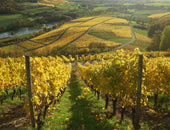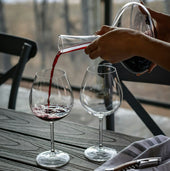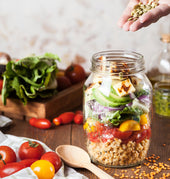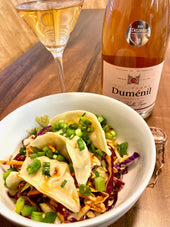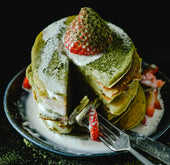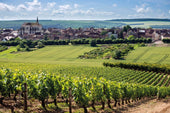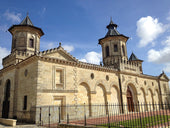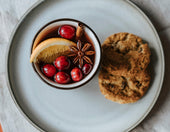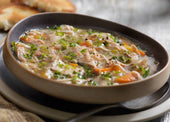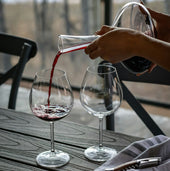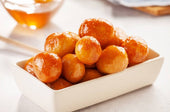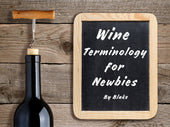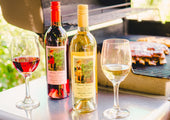
Wine Aging 101: Why Some Wines Improve Over Time

Why do some wines taste better after years in the cellar, while others are best enjoyed fresh? And what exactly happens inside the bottle as wine matures? If you've ever wondered why certain wines get better with age (and why others don’t), then this blog post is for you.
What Happens When Wine Ages?
Aging wine isn’t just about waiting, it’s about transformation. Over time, wine undergoes a chemical reaction that affect its flavors, aromas, texture, and the overall structure. Here are the key changes that occur as a wine matures.
-
Tannins Soften: In young red wines, tannins (those naturally occurring compounds that create a drying sensation on your tongue) can be bold and astringent. As the wine ages, tannins polymerize (binds together), making the wine smoother and more refined.
-
Acidity Balances Out: High-acid wines often mellows with age, creating a more balanced and refined taste.
-
Flavors and Aromas Evolve: Fresh fruit flavors in young wines gradually shift to more complex, layered notes. For example, a young Cabernet Sauvignon might taste like fresh blackberries, while an aged one might develop flavors of dried fruit, leather, tobacco, and earth.
-
Color Changes: White wines deepen in color, turning from pale yellow to golden amber, while red wines fade from deep purple to brick-red over time.
What Makes a Wine Age-Worthy?
Not all wines are meant to age, most are actually best consumed within a few years of release, and some should be enjoyed right away. So what makes a wine age-worthy?
1. High Acidity
Acidity acts as a preservative, helping wine maintain freshness as it ages. White wines with high acidity, such as Riesling or Champagne, can develop beautifully over decades.
2. Firm Tannins
For red wines, tannins provide structure and longevity. Bold reds like Cabernet Sauvignon, Nebbiolo (Barolo), and Bordeaux blends are known for their tannic backbone, which softens and integrates with age.
3. Balanced Alcohol and Sugar Levels
Wines with moderate alcohol and a touch of residual sugar (like Sauternes or Port) tend to have excellent aging potential. Sweet wines, in particular, can last for decades or even centuries.
4. Complex Flavor Profiles
Wines that start with rich, layered flavors often develop even more depth over time. Simple, one-dimensional wines tend to lose their appeal with age.
Best Wines for Aging
If you’re interested in aging wine, here are some of the best varieties and styles to stock your cellar.
Red Wines:
-
Bordeaux (Cabernet Sauvignon & Merlot blends) – 10–50 years
-
Barolo & Barbaresco (Nebbiolo) – 10–30 years
-
Burgundy (Pinot Noir) – 10–20 years
-
Napa Valley Cabernet Sauvignon – 10–30 years
-
Rioja (Gran Reserva Tempranillo) – 10–25 years
White Wines:
-
Riesling (especially German Rieslings) – 10–50 years
-
White Burgundy (Chardonnay) – 10–20 years
-
Vintage Champagne – 10–30 years
-
Sauternes (sweet Bordeaux wine) – 20–50+ years
How to Store Wine for Aging
If you want your wine to age gracefully, proper storage is very important. Here are a few tips to keep in mind:
-
Temperature: Store wine at a consistent 55°F (13°C). Avoid heat fluctuations, as they can cause premature aging.
-
Humidity: Keep humidity around 60-70% to prevent corks from drying out.
-
Darkness: UV light can damage wine, so keep bottles away from direct sunlight.
-
Positioning: Store bottles on their side to keep the cork moist and prevent oxidation.
-
Minimal Vibration: Avoid storing wine in a place where it’s frequently moved or shaken, as this can disrupt the aging process.
How to Tell If a Wine is Ready to Drink
Aging wine requires patience, but the tricky part is knowing when to open a bottle. Too soon, and the wine might be too tight and tannic. Too late, and it may have lost its vibrancy. Here’s how to tell if your wine is at its peak:
-
Check Vintage Charts: Some wineries and wine regions provide guidelines on optimal drinking windows for specific wines.
-
Look at the Cork: If wine has seeped through the cork or if it crumbles when removed, the bottle may be past its prime.
-
Taste Test: If you have multiple bottles of the same wine, open one periodically to check its development.
Aging wine is both an art and a science. While not all wines improve with time, those that do can definitely be well worth the wait!
Contributed by Ray Ibanez, E-Commerce Manager for Plume Ridge Bottle Shop.


